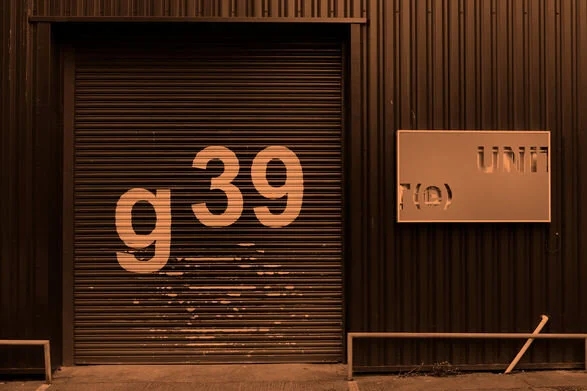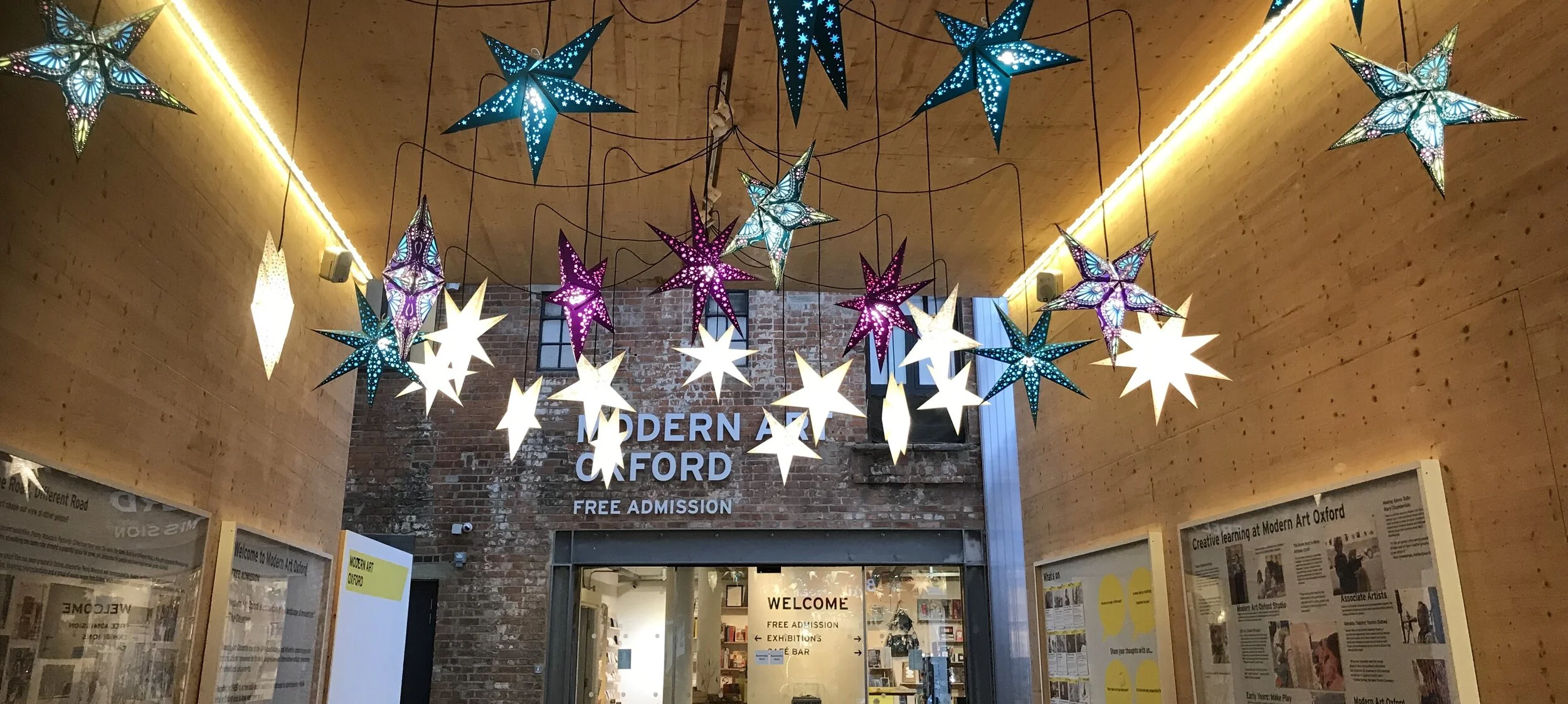
Museums & Galleries Exhibition Tax Relief
YVAN led a national advocacy campaign to increase the uptake of Museum and Gallery Exhibition Tax Relief (MGETR) across the sector, and to provide impact data and case-studies. There is no doubt of the value of this cultural tax relief for museums, galleries and the visual arts in that once received, it is returned as unrestricted funding.
Working with Contemporary Visual Arts Network (CVAN), the UK museums and visual arts sector, Arts Council England and DCMS, the sunset clause that proposed the cessation of MGETR in 2024, was finally lifted by HM Government. From 1 April 2025, the rates for MGETR will be permanently set at 40% (for non-touring productions) and 45% for touring productions.
For MGETR case studies and impact data from 2020-23, visit here.
For current sector campaign on MGETR, visit https://cvan.art
For guidance on application, see www.gov.uk/guidance/support-your-claim-for-creative-industry-tax-reliefs
We are working to support and mobilise the arts and museum sector to take advantage of the Museum and Galleries Exhibition Tax Relief (MGETR).
As an arts or heritage organisation MGETR could be an opportunity to claim back eligible expenditure as unrestricted funds. These claims can be used to support your core work, commission and contract staff, or develop new artistic and curatorial practices.
There are criteria that your organisation will need to meet. It will take time, commitment and resources to get ready to claim but it’s worth considering, particularly if you already have charitable status.
We are here to help.
What Is MGETR?
MGETR is one of a suite of Creative Industry Tax Reliefs. Since MGETR was introduced in 2017, £20 million has been paid to 220 claims, representing 1,345 exhibitions. As a tax credit, it is administered by HMRC and submitted in Annual Returns.
There are many museums, galleries and artist-led organisations across the UK now claiming MGETR. Claims that create a new income stream in their financial forecasts.
This is not a simple grant programme though. There are a range of organisation and activity eligibility criteria.
Don’t be put off.
“The MGETR gave us unrestricted funds which were unexpected, and we certainly found that the process of gathering the financial information and submitting a claim took less energy and time than writing a funding application for a comparable amount.”
“While the tax relief is only a small percentage of our annual budget, it is a very welcome boost to unrestricted income. It pretty much covers, for example, the salary of the (part time) Finance Manager!”
Why Is It Important?
Tax Relief offers our sector additional income to support artists, engage with diverse audiences, take risks and innovate, and place culture at the heart of the UK’s Covid recovery plan.
Currently CVAN is running a campaign to request the continuation of MGETR to ask the Government to make adjustments to address barriers for not-for-profit organisations to be able to adopt, and expand the eligibility criteria to align it with contemporary exhibition and curatorial practice and secure sector resilience in these difficult economic times.
MGETR is so important that Crafts Council, Plus Tate, Visual Arts Galleries Wales, Scottish Contemporary Art Network and Visual Artists Ireland [NI] and Belfast Visual Arts Forum have joined forces with CVAN to impress the urgency and set out a series of recommendations to overcome the outstanding issues.
CVAN has been working over the few years with over a 100 museum, gallery and artist-led organisations to understand how to claim, where the barriers to claim are and how best to make ready for claiming.
We have initiated peer-led training with tips and hints from the sector. Compiling a range of resources and templates to help you. We have also developed a range of case studies from all types of arts and heritage organisations to hear their stories, most good - some not so good, but all very informative.
This is a national offer and we are currently growing the number case studies to include Northern Ireland, Scotland and Wales as well as exploring the “on-the-ground” benefits of MGETR, why is it important, and where and how the eligibility criteria could, and should, be expanded.






